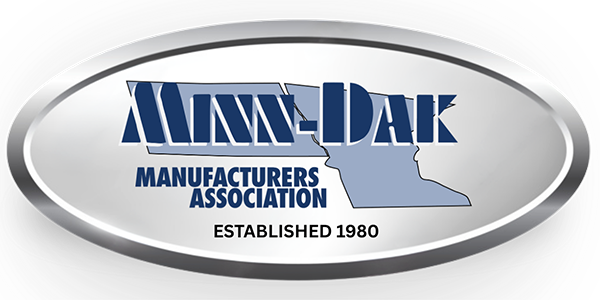NSC looking for employer participation to learn how public investments in skill training can be improved to better meet industry needs
NSC looking for employer participation to learn how public investments in skill training can be improved to better meet industry needs

The National Skills Coalition and its partner organization Business Leaders United invite businesses to support a study of small and mid-sized business recruiting practices.
The study seeks input from companies employing fewer than 5,000 people regarding candidate skill assessment. NSC is particularly interested in practices like credential review and test administration/competency demonstration.
The study’s purpose is to explore how businesses gather information about workers’ skills and the impact of public policies on workforce development and education specific to this information gathering.
Participation entails an informal, 30-minute conversation with NSC study leaders.
Participants will not be quoted by name, nor will companies be identified with statements made by their representatives. Interviews will be completed by the end of May and the coalition will publish a short brief with findings by the end of the year.
We encourage member to participate. Businesses in rural states compete for talent with a diverse range of states and we want them to stay competitive. It is essential for these studies to consider and reflect the unique challenges facing rural states.
Here are some questions considered in the study:
- Can you give us a quick snapshot of how hiring usually happens at your company? What are the biggest pain points you encounter? What are your goals / what are you looking for?
- In what ways are your hiring practices similar to or different from those in your industry more broadly?
- Thinking of the jobs in your company that DON’T require a bachelor’s degree, are there specific OTHER credentials or experiences that you look for on someone’s resume to let you know they have what you need for the job at hand?
- If yes, which credentials?
- If no, why not? And how do you assess whether someone has the skills they need for the job?
- How do you know a particular credential can be trusted as a signal of particular skills and competencies? i.e., if you look for particular credentials when hiring, why do you trust them?
- The term quality non-degree credentials is used to describe any postsecondary credential beyond a high school diploma that falls outside of the parameters of a degree program (certificates, credentials, apprenticeships, occupational licenses, etc.). Have you heard this term before?
- The term skills-based hiring is used to describe prioritizes applicants’ skills, competencies, and experience over four-year degree requirements. Have you heard this term before?
- If you imagine a company like yours adopting a skills-based hiring approach, what questions do you think their leadership would have about implementing it?
- If your local industry association or another business group wanted to support more companies in adopting skills-based hiring practices, what would you recommend they do?
- Learning Employment Records are like a resume, except it formally verifies that someone has obtained a specific set of skills. Do you think a tool like an LER would help you or your industry adopt skills-based hiring practices?
For more information, click here to review the [FAQ document] Informed-Consent-FAQ-for-BLU-QNDC-project.pdf.
Members who are interested can reach out to:
Jeran Culina, Senior Manager, BLU
JeranC@nationalskillscoalition.org
1250 Connecticut Avenue NW, Suite 200, Washington DC 20036
616.283.0152 cell
www.businessleadersunited.org






